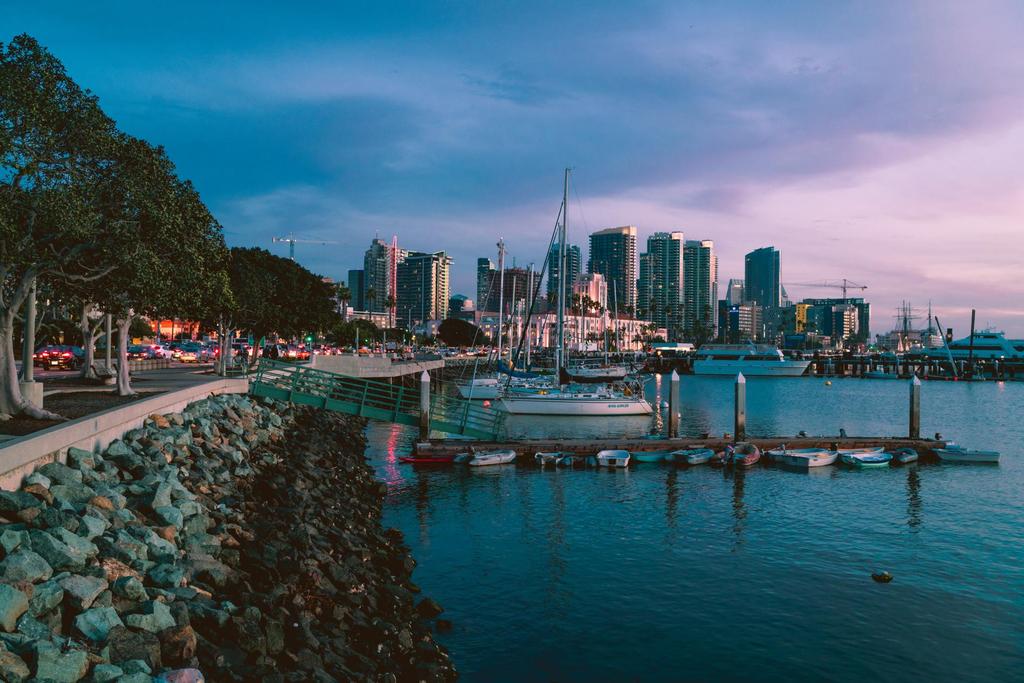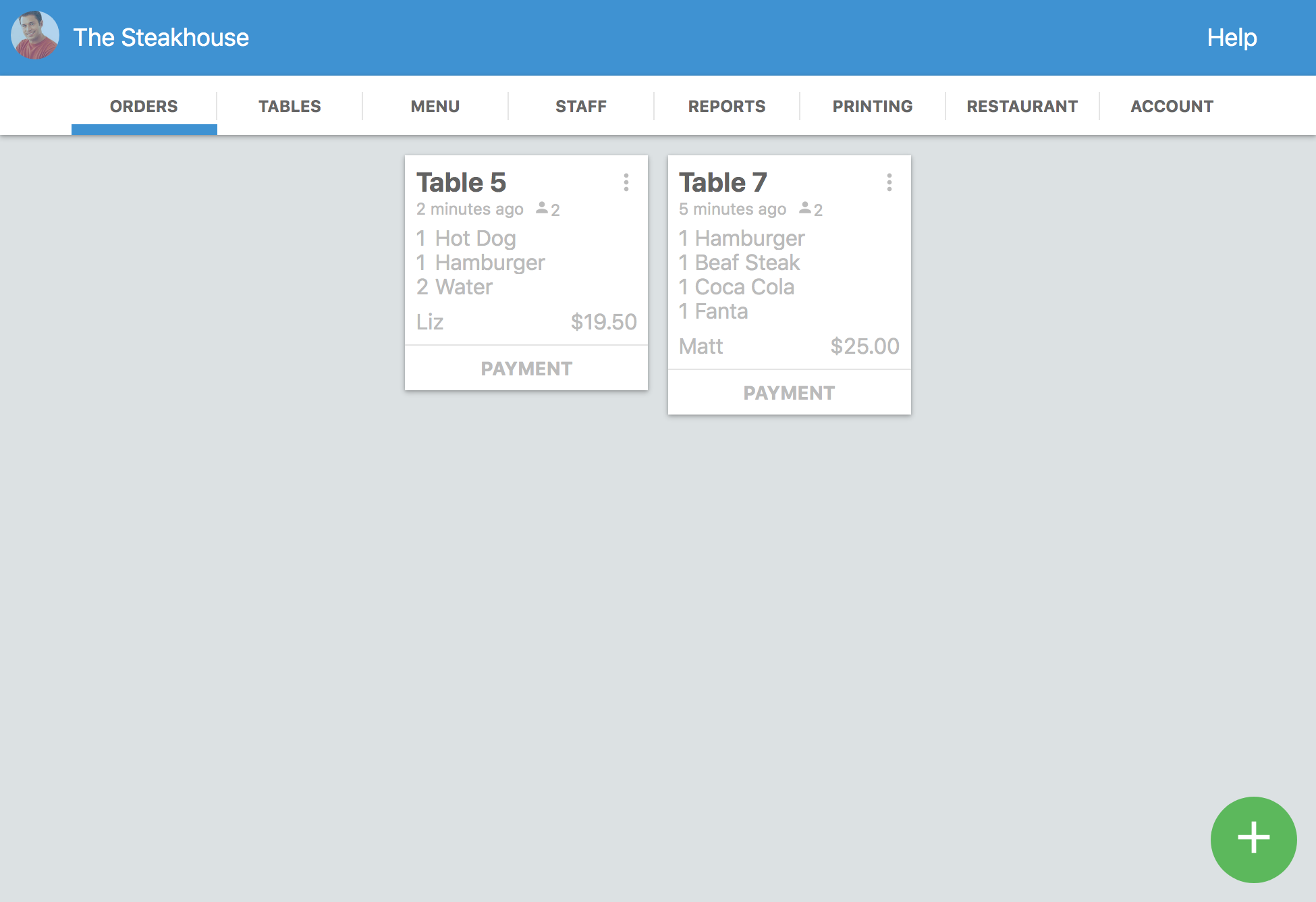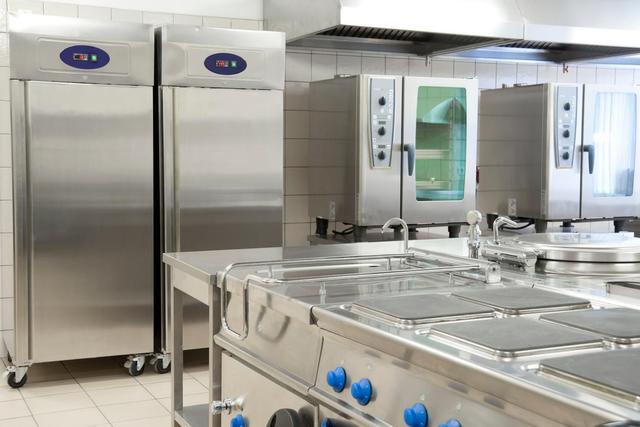San Diego is famous for craft beer and fish tacos, but aspiring entrepreneurs will also find that the city is a big tourist destination with a culinary scene that embraces fast-casual dining, gourmet food trucks and trendy bars that redefine extravagant beverage concoctions using molecular mixology. Restaurateurs can’t afford to ignore the city’s commitment to physical fitness and healthy eating, but those are planning issues. This article is designed to help you get the necessary licenses and permits to get your food and/or beverage business up and running as quickly as possible.
City Permits for Your Restaurant
San Diego County is composed of San Diego City and County, where there are incorporated and unincorporated cities. The incorporated cities usually follow San Diego City licensing procedures, but the unincorporated cities often have their own regulations. There are also many neighborhoods and communities, some of which are also considered to be cities in their own right. You can consult this map of San Diego County to help with your planning:
You’ll have to check with the particular city where you plan to operate your business whether it requires business license registration. San Diego County doesn’t require registering your business, but many of the cities do. You have to comply with San Diego County regulations, however, if you’re located anywhere within the county.
If you’re not required to get a local license, you can check out our article on California permit requirements. You can also get information on specific cites like Los Angeles and San Francisco.
Applying for a Federal Employer Identification Number (EIN)
All businesses must register with the IRS and get a an Employer Identification Number or EIN. Getting this number becomes your account for withholding federal income tax from employee pay and using as your account number for paying your estimated income tax for your business. You can register for free at irs.gov.
Registering for a San Diego Business Tax Number
In the city of San Diego and other incorporated cities of the San Diego County, you must apply for a business license and your Business Tax Certificate at sandiegocountry.gov, restaurants with 1-10 employees pay $753, and those with 11-25 employees pay $891. If you plan on hiring up to 100 employees, you pay $1,059. Restaurants with more than 100 employees pay $1,930.
In San Diego county, you’ll have to get a final inspection of the construction, a health inspection with all equipment in place, a copy of your menu and proof of food handler training for your manager and each employee who handles food or serves customers. Food handler training for a .css-npw4c9{width:100%;margin-top:30px;height:2px;background-color:#f5f5f5;} I am a restaurant chef with many years of experience in cooking for restaurants. I have owned 'Buddy’s Restaurant' in Roanoke, Virginia, for many years. I am here to share my experiences and help new entrepreneurs in the food business.





